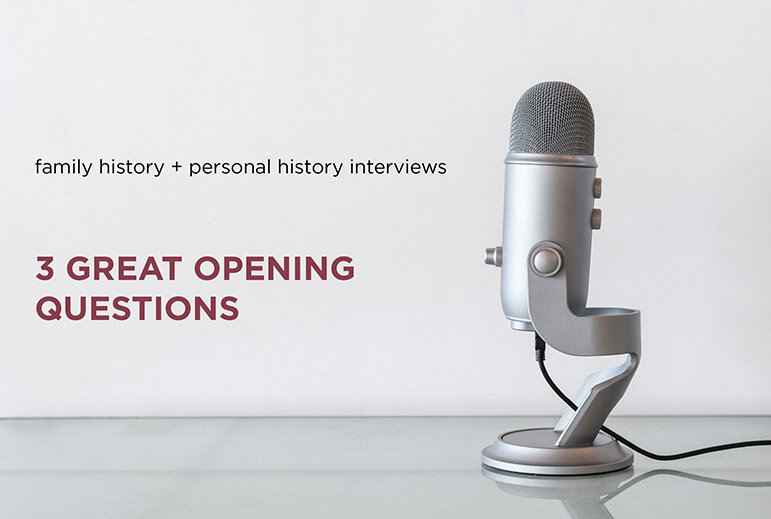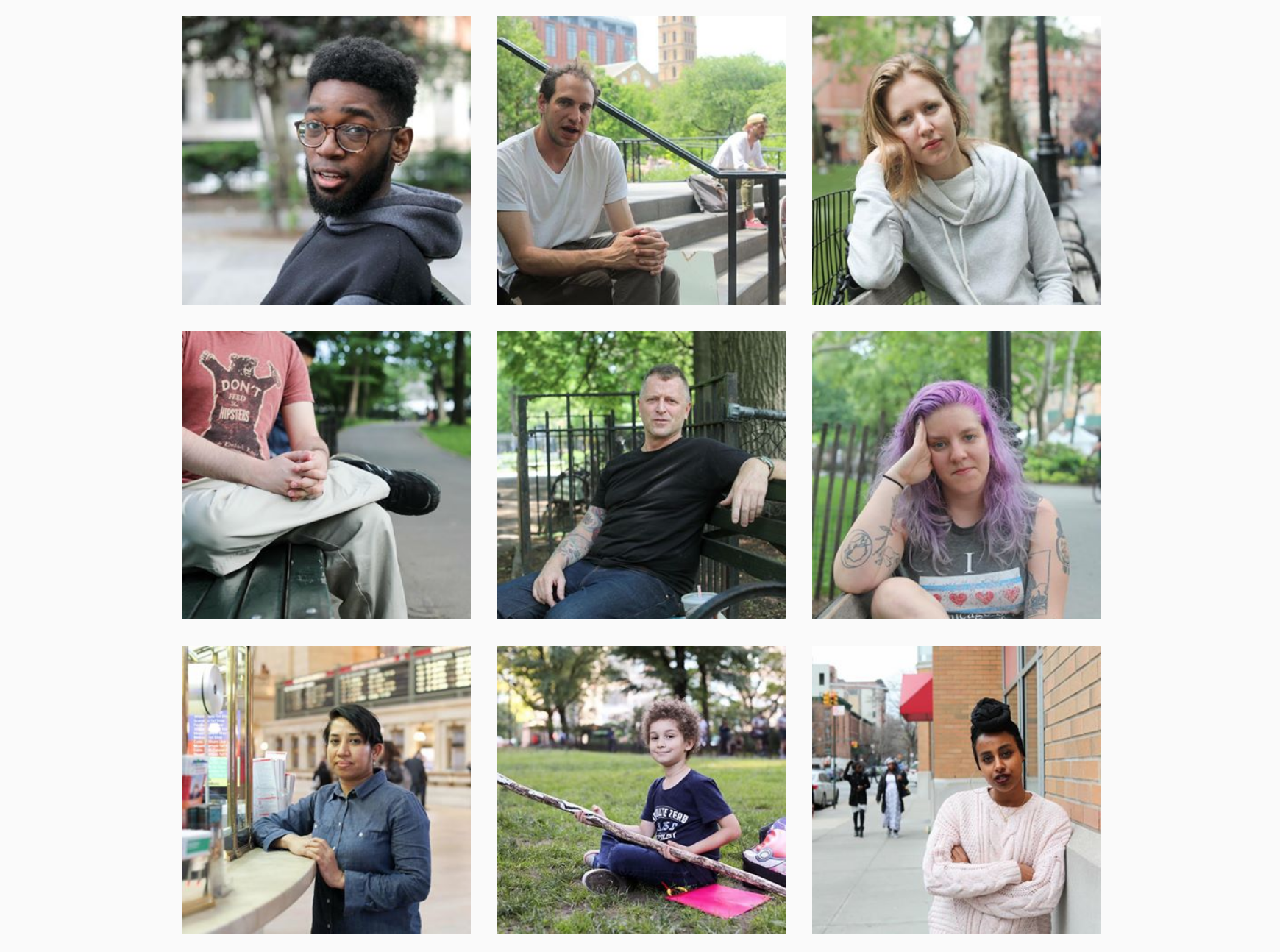The power of a follow-up question
Want a sign that your follow-up questions are working? If your interview subject is engaged—nodding, smiling, or showing other signs of acknowledgement in response to your questions—then chances are their story sharing will go deeper in the best possible way!
There are numerous options out there for memory-keeping journals or email-a-week life story prompts, and they make for sentimental gifts for our loved ones. And when the gift recipient is a motivated self-starter, these gifts can yield amazing stories that can be passed on for generations. More often than not, though, these gifts don’t get much beyond the ‘good idea’ stage
I’ve certainly written about this before, but today I wanted to hone in on one simple aspect of why I think these well-meaning gifts do not always ‘work’: There’s no one listening—and no one, therefore, to ask a follow-up question.
Recently I was conducting a personal history interview with a client named Madeleine. She offhandedly mentioned that her granddaughter had gifted her a popular prompt-a-week story gathering service, and that she had only answered about two questions so far. How long had she been getting the prompts?, I wondered. “I guess about a year and a half,” she replied.
Huh?! “Why?,” I asked her.
“The questions are silly or stupid,” she said bluntly.
I pushed her to share a few of the prompts if she could recall them. Some were indeed silly when considered in the context of the service’s goals of preserving family history, but some were, in my opinion, just poorly phrased, or in need of some probing beyond the initial ask.
One question Madeleine ridiculed was, “What do you like to do to relax?” This nonagenarian rolled her eyes as she repeated it. “Can you imagine—who cares how I relax?” she said.
But when I followed up that “silly” prompt with my own related questions based on my knowledge of Madeleine’s life—Were there things you could do to decompress during the years you were working three jobs? Were there hobbies you wish you had more time for over the course of your life? What replenishes your energy when you are feeling low?—she had story after story. And the more I heard, the more I asked, the more it became clear that there were lessons buried in her stories.
These were stories that would not have come out—in fact, that Madeleine probably would not have even recalled—had I not been present as a curious listener. She initially dismissed the prompt out of hand when it did not immediately resonate for her. But when my follow-up questions helped her see the prompt in a new way—in a way that directly related to her lived experiences—her memories flowed.
Sometimes, a simple “tell me more” or “how did that make you feel?” can unlock a treasure trove of details that elevate a story from good to great. Follow-up questions help an interview subject move beyond one-sentence answers and delve into the details that make a story come alive. They encourage the interviewee to paint a picture with words, describe emotions, and share sensory experiences.
Beyond that, follow-up questions show your subject that you are interested. That you care about what they are saying. That’s so much more powerful than a one-sentence question posed in an email…with no one there to listen to an answer.


















We are a world of talkers, but what we need is to listen, and to be listened to. Find inspiration from author Kate Murphy and personal historian Dawn Roode.